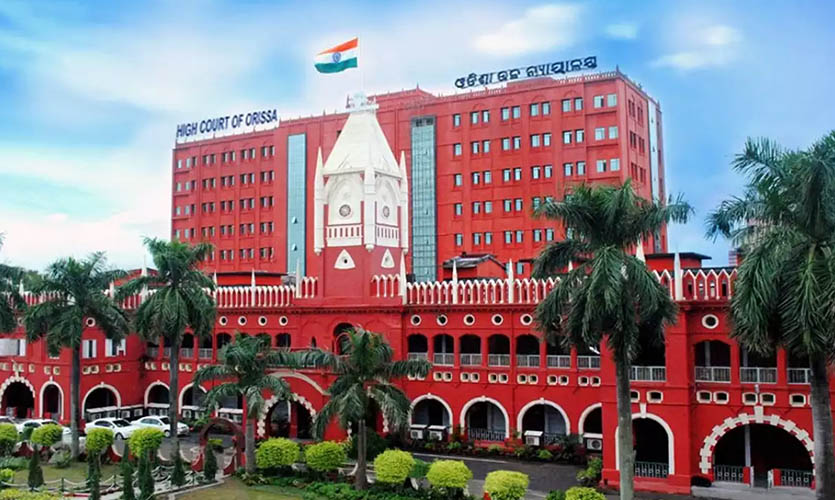A recent judgement by the Odisha High Court has ruled that consensual sex conducted under the pretext of marriage does not constitute rape.
During the bail hearing for a defendant accused of such an allegation, the single-judge bench of Justice Sanjeeb Panigrahi granted him bail, observing that “the intention of the lawmakers is clear on this issue”.
Observing that the elements of rape under IPC section 375 do not cover false promise of marriage, Justice Panigrahi agreed that the charge of rape appears to be erroneous. As alleged, the victim was taken by the accused from her house within Nimapada Police Station limits, to Bhubaneswar. Reportedly, she held a physical relationship with the accused for several days based on his promise of marriage, however, the man fled after some time. He was arrested and presented in court after the victim filed a complaint at Nimapada Police Station. After his bail petition was rejected by the lower court, the accused moved the Odisha High Court for a rehearing.
Justice Panigrahi observed, “The intention of the lawmakers is clear on this issue. Rape laws should not be used to regulate intimate relationships, especially in cases where women have agency and are entering a relationship by choice.” Although he added, “It is also equally disturbing, many of the complaints come from socially disadvantaged and poor segments of society, rural areas, who are often lured into sex by men on false promises of marriage. The rape law often fails to capture their plight.”
“Nonetheless, it is well settled that consent obtained on a false promise to marry is not valid consent. Hence, the law holding that false promise to marriage amounts to rape appears to be erroneous,” he stated.
Rape has been defined under IPC section 375 as: “a sexual act committed on a victim against her will without her consent; with her consent, when consent has been obtained under fear of death or hurt; where the victim has given consent in the mistaken belief that the man is her husband; when the consent is given when she is of unsound mind or intoxicated and unable to understand the nature and consequences of what she is consenting to; consent from a girl under the age of fourteen”.
The Odisha HC has directed the lower court to grant the accused conditional release. It has stipulated that the suspect, while on bail, shall help in the inquiry process and not threaten the victim in any way.
Noteworthy, the Supreme Court had previously ruled in a similar case that if a woman had intercourse with consent, IPC section 376 would not be utilised against the accused. In this situation, sections pertaining to further criminal activities may be utilised against the offender. According to the accused’s counsel, Debsnana Das, the High Court has affirmed that ruling.
Read more: More Than 35,000 Dowry Deaths Reported In India In Last Four Years: Centre










